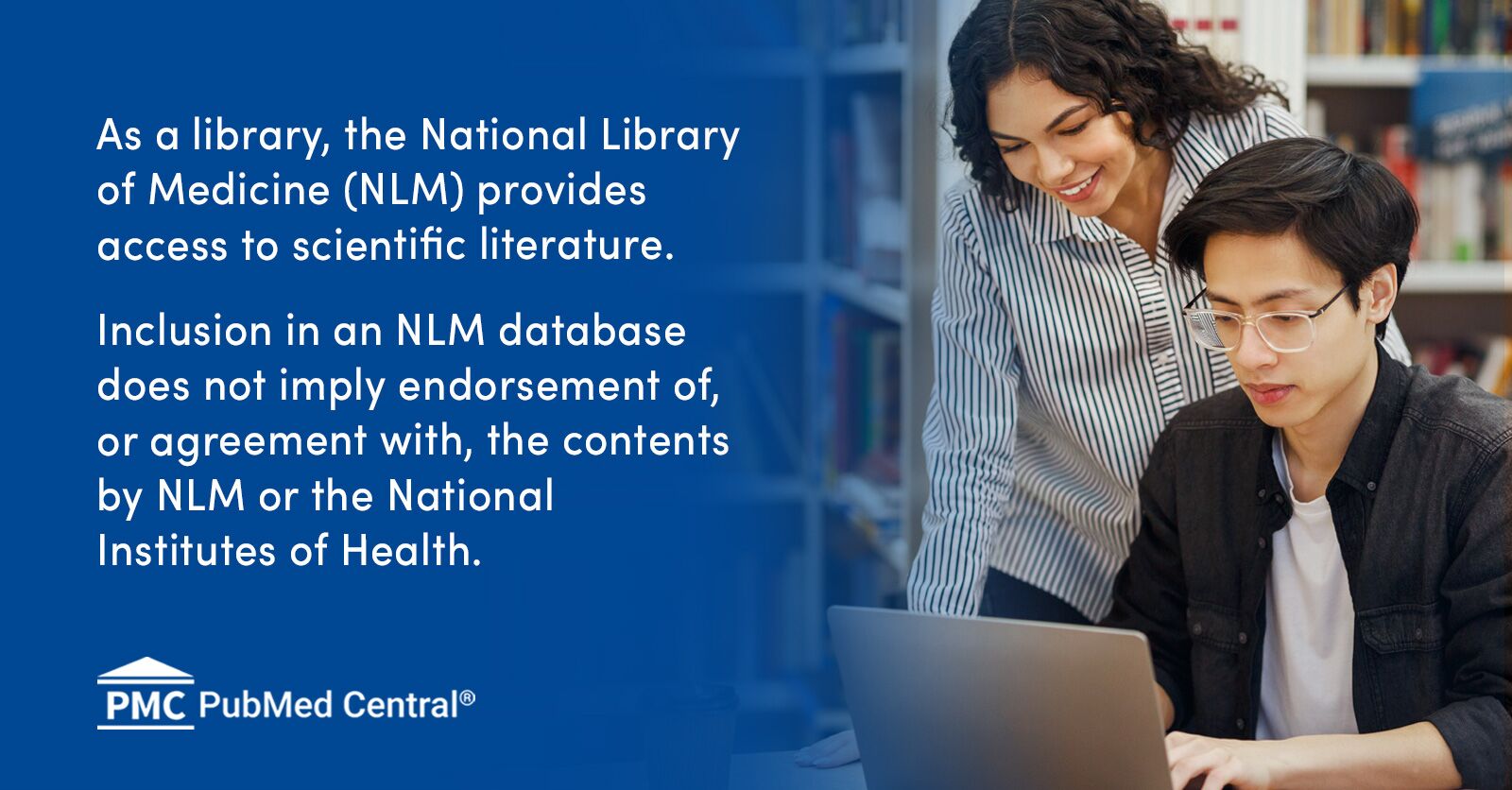
Long-Term Zinc Supplementation Improves Liver Function and Decreases the Risk of Developing Hepatocellular Carcinoma
Zinc plays a pivotal role in various zinc enzymes, which are crucial in the maintenance of liver function. Patients with chronic liver diseases (CLDs) usually have lower concentrations of zinc, which decrease further as liver fibrosis progresses. Whether ...
Been battling a cold/flu for a month now. It is almost gone but was a nasty one. Reading in my books and on the internet to see besides the typical Vitamin D, C, Zinc, Selenium for a virus, olive lead extract, etc. if any new products were being studied. I was pretty desperate as the antibiotics I was given caused severe stomach pain and without a doctor, it can be hard to get help unless you have a spare 6 hours. I do not take those 5 year round but take vitamin D all year long except for the summer when I get enough from the sun.
I did not put oregano oil down in the list above as it has never done anything to get better quicker or help with symptoms. I never found vitamin C did much either except the injectable form I use to buy and inject a few times a day - I did notice I 'appeared' to get better quicker. No science to that statement, just an observation.
Reading up on zinc last night and I know I read this before but forgot the impact of zinc on the liver - favourable impact. If you do some research you may be surprised how much it can help especially in halting further damage. Again, just comments from reading articles and my Naturopathic books.
Truth be told I never really used zinc until I started taking copper peptide because I read you should take it together.
Just more info for anyone pushing the envelope or has a liver issue. Please do your own research and read some of the studies as this is not medical advice.
I hate being sick and would do just about anything, if safe, to help avoid the nasty chest infections I get. Olive Leaf extract, which I find ironic, works better than any other supplement for chest infections if you don't go the pharmaceutical route.
Food for thought - GR
